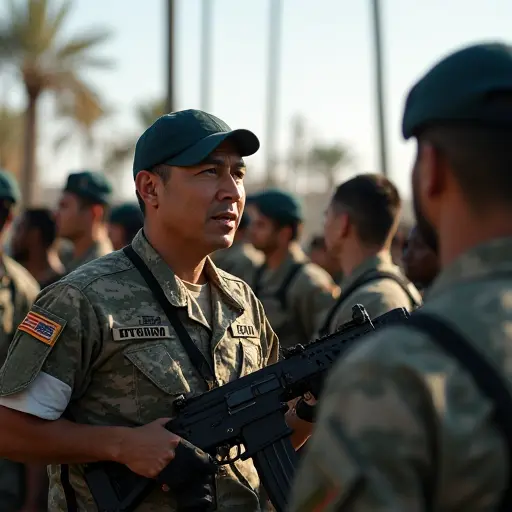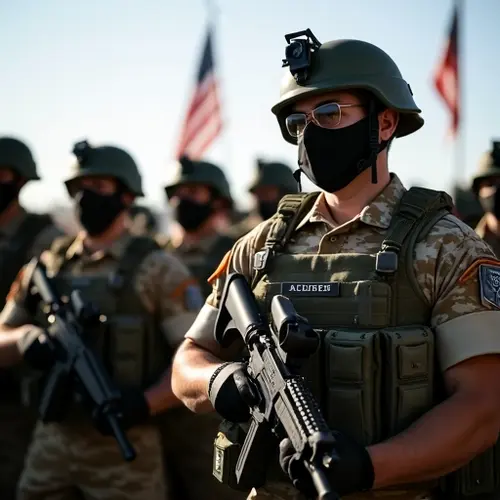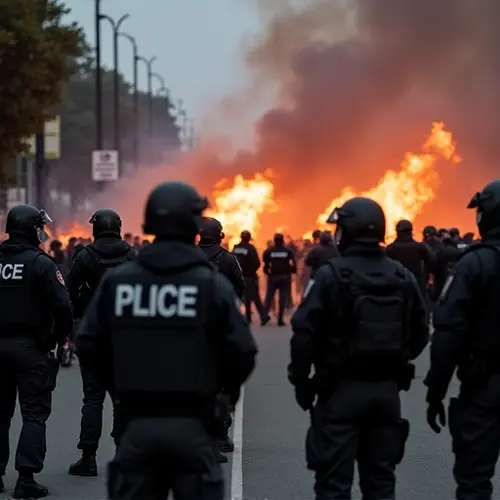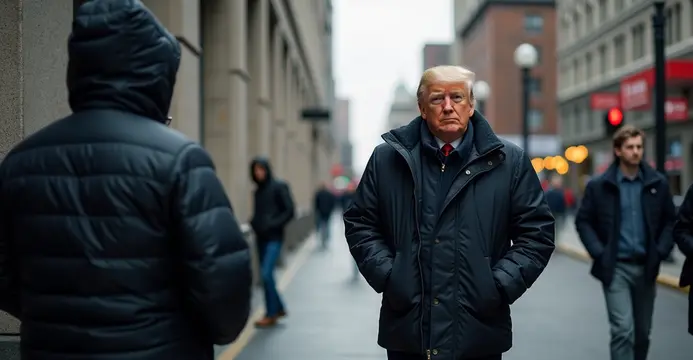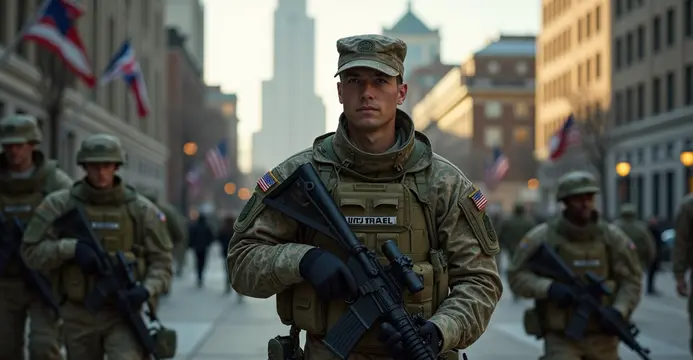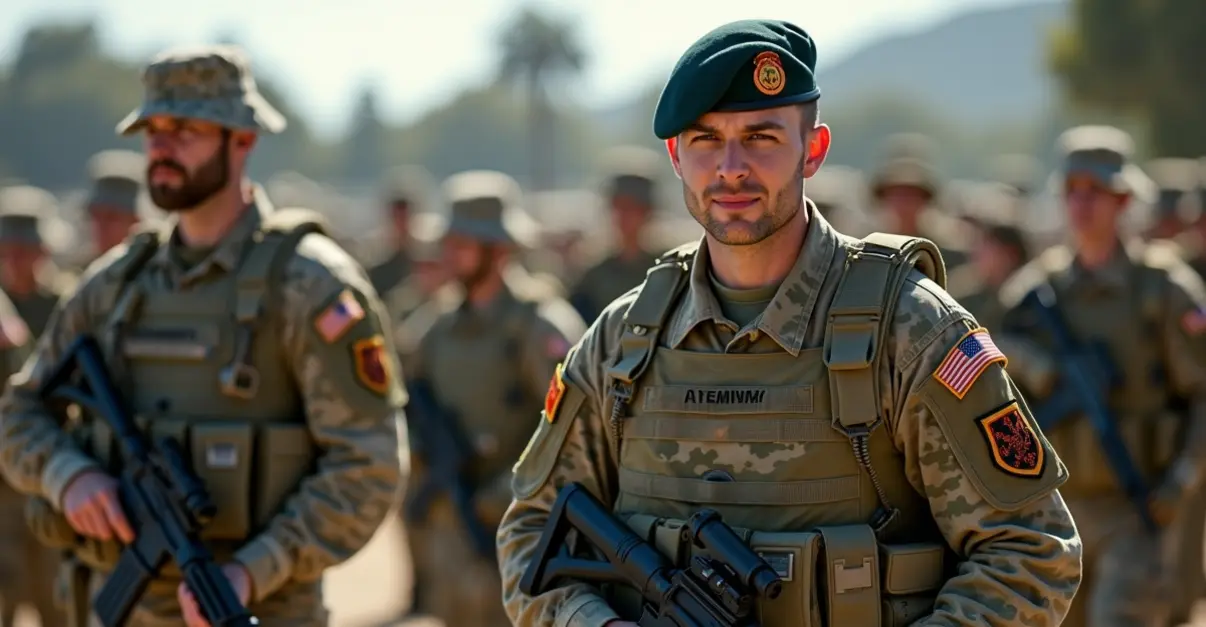
Landmark Ruling Against Military Deployment in US Cities
A federal judge in San Francisco has delivered a significant blow to President Trump's controversial domestic military deployment strategy. U.S. District Judge Charles Breyer ruled that the deployment of National Guard troops in Los Angeles violates federal law, specifically citing the Posse Comitatus Act which restricts military involvement in domestic law enforcement.
Legal Victory for California Governor
The ruling represents a major victory for California Governor Gavin Newsom, who filed the lawsuit against the Trump administration in June 2025. The dispute began when President Trump ordered approximately 4,000 National Guard troops and 700 Marines to Los Angeles to quell protests against immigration enforcement actions.
Governor Newsom, a Democrat, argued that the deployment violated states' rights and federal statutes prohibiting the use of military forces for domestic policing. The judge agreed, stating that "the president may not employ the armed forces to enforce the laws" and that the Trump administration had been "systematically deploying armed military personnel" to perform police functions in California.
Posse Comitatus Act Enforcement
The Posse Comitatus Act, originally passed in 1878, limits the federal government's ability to use military personnel for domestic law enforcement. The law was designed to prevent the military from being used against American citizens and to maintain the separation between military and civilian law enforcement.
Judge Breyer's ruling emphasized that the administration's actions constituted a clear violation of this longstanding legal principle. The decision comes amid growing concerns about the militarization of domestic policing and the potential erosion of constitutional protections.
Immediate Impact and Appeal Process
While the ruling is immediately significant, its enforcement is delayed until September 12, 2025, to allow the federal government time to appeal. Currently, approximately 300 National Guard troops remain deployed in Los Angeles, primarily involved in supporting immigration enforcement operations.
The Trump administration has indicated it will appeal the decision, setting the stage for a potentially landmark Supreme Court case regarding presidential powers during domestic emergencies. Legal experts suggest this case could redefine the boundaries between federal military authority and state policing powers.
Broader Implications for National Security Policy
This ruling has immediate implications for President Trump's announced plans to deploy National Guard troops to other cities, including Chicago. The administration had cited rising crime rates and civil unrest as justification for these deployments, but critics have argued they represent political targeting of Democratic-led cities.
The decision also raises questions about the ongoing deployment in Washington D.C., where approximately 2,000 National Guard troops remain stationed under different legal authority. Unlike the Los Angeles deployment, the D.C. operation leverages the federal government's unique jurisdiction over the nation's capital.
Civil liberties organizations have hailed the ruling as a crucial check on executive power, while administration officials have criticized it as jeopardizing public safety. The case highlights the ongoing tension between national security concerns and constitutional protections in an increasingly polarized political climate.

 Nederlands
Nederlands English
English Français
Français Deutsch
Deutsch Español
Español Português
Português



